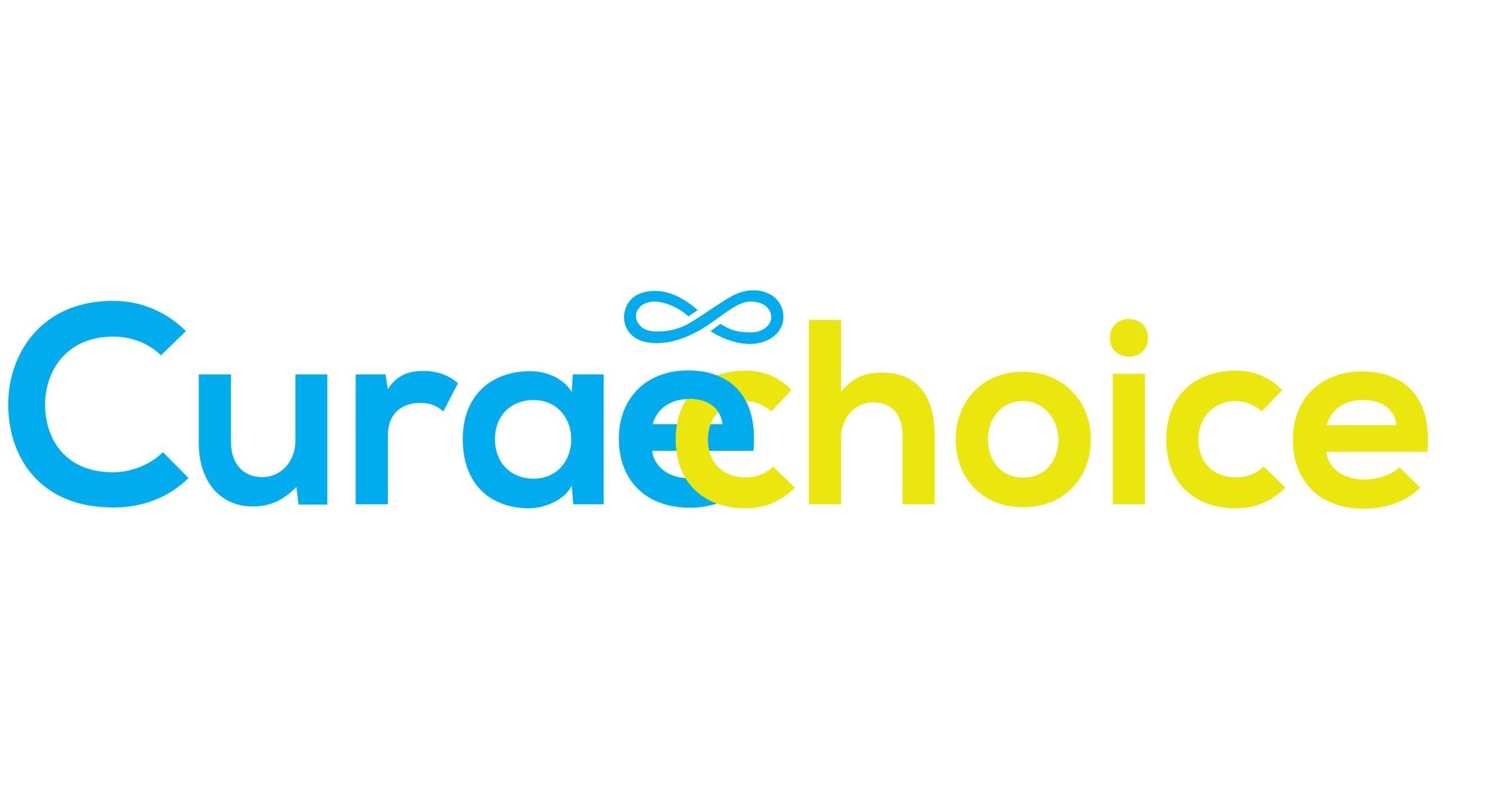In healthcare, providing patient-centered care is not just limited to the confines of a clinic, but begins with the first phone call to schedule an appointment. But too often, those calls are met with outdated interactive voice response (IVR) systems, long wait times, and bewildering menus that cause frustration rather than support. It is alarming that, according to Market Growth Reports, around 36% of companies We are still using old IVR software from before 2017, which means many healthcare providers are lagging behind in integrating today’s advanced service technology. Voice remains the most trusted and most used channel by patients, despite the improved user experience of digital health portals that we have seen in recent years. Therefore, any healthcare provider who wants to provide exceptional service cannot rely on outdated IVR systems that have long been surpassed by more effective customer experience solutions.
According to a 2024 study by the National Institute of Health, 56.4% of respondents They said they rely on phone calls as their primary method of scheduling appointments. It’s clear that there is a huge opportunity to improve patient experiences while mitigating the growing threats of fraud, because it’s clear that voice isn’t going away anytime soon.
That’s where AI-powered virtual agents can make a difference. Today’s leading conversational AI platforms can deliver a natural, context-aware service to patients at scale, ensuring patients feel heard and supported from the first moment of contact. 24/7 automated support streamlines the patient experience and improves provider efficiency, reducing costs and eliminating pain points that patients commonly face with outdated IVRs. However, the success of AI in healthcare depends on overcoming four critical obstacles – security and compliance, patient experiences over the voice channel, infrastructure and staff workload – and knowing exactly how to address each of them.
Build on a foundation of strong security and continuous compliance
A critical consideration when it comes to security is patient data, which is among the most regulated with federal frameworks like HIPAA requiring organizations to implement strict security and privacy protections. However, the good news is that, when done right, conversational AI can help healthcare providers meet these standards.
Advanced conversational AI systems can validate patient identities before passing them to a live agent, reducing exposure to fraud and protecting patient data. The best platforms are also those that are specifically designed to comply with HIPAA and maintain the protection of protected health information (PHI) in every interaction.
But compliance is only part of the equation. Many health systems are still running on legacy infrastructures or have fragmented electronic health records (EHR) platforms. If data cannot be accessed in real time, even the smartest AI agent will struggle. That’s why seamless integration with industry-standard systems like Epic, Cerner, and eClinicalWorks is essential. These integrations enable continuity throughout the patient journey and personalize each interaction with accurate and up-to-date context.
Improve the patient experience at first contact
For patients, convenience often means being able to pick up the phone and quickly get the information or support they need without being transferred, put on long hold, or having to repeat details multiple times. However, if that first call doesn’t go well, trust in the healthcare provider can quickly erode. Conversational AI allows providers to enhance that experience without sacrificing human connection.
A virtual agent trained to handle specific healthcare customer requests can automate high-volume tasks such as scheduling, prescription refills, delivery of test results, and billing questions. Plus, you can do it 24/7, in multiple languages, and without the need to transfer to different departments. It is a scalable and intelligent accessibility approach that supports real patient needs while freeing clinical and administrative teams for more complex, value-based interactions.
Reduce staff stress with smarter workflows
Burnout is another issue that remains a major challenge in healthcare. According to the American Medical Association, 57% of doctors They consider the reduction of administrative burden as the main contribution of AI. The opportunity to streamline repetitive, low-value calls, such as appointment confirmations or FAQ-based queries, is immense.
Approximately 40% of incoming calls to healthcare contact centers fall into this category. With the right integration of conversational AI and EHR, these calls can be handled autonomously, giving human agents more bandwidth for nuanced and emotionally sensitive cases. This can be especially essential for managing calls profitably during peak demand.
Transform patient interaction at scale
Transforming access to healthcare means starting at the first point of contact: with the first phone call. However, what is holding this process back are legacy systems, siled data, and evolving privacy standards.
When conversational AI incorporates natural, real-time, and compatible automation into the patient access process, providers can deliver high-quality, efficient, and empathetic care experiences at scale. The future of patient-centered care is connected, intelligent and proactive, and it all starts when patients pick up the phone.
About Kyle Howard
Kyle Howard He is a business solutions consultant in Omiliawhere he helps businesses transform customer experiences with conversational AI. He has extensive experience in voice technologies and contact center as a service (CCaaS) solutions, developed through roles at NICE CXOne, Intelepeer, Kore.ai and ujet.cx. Kyle is based in Minnesota.



